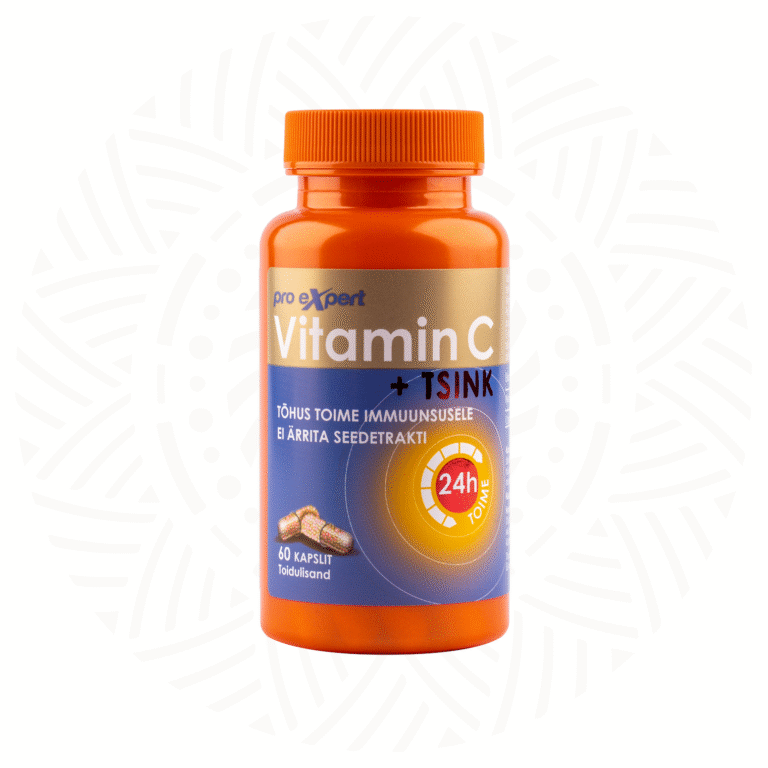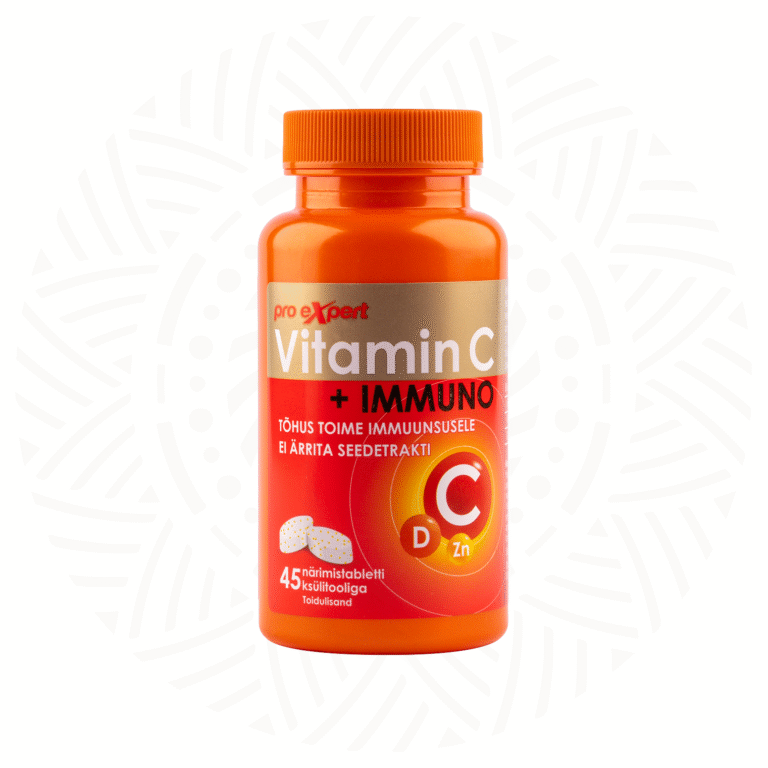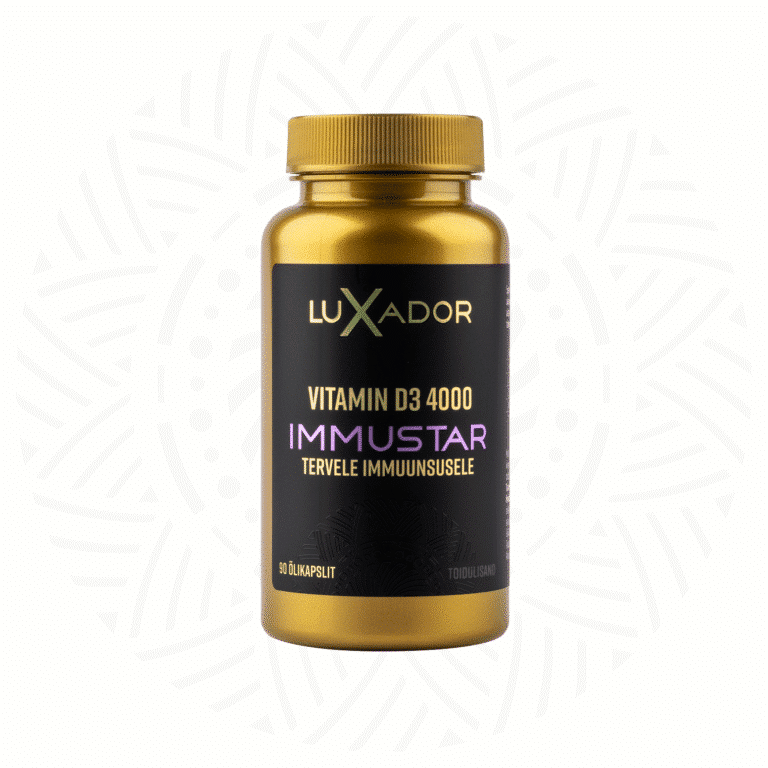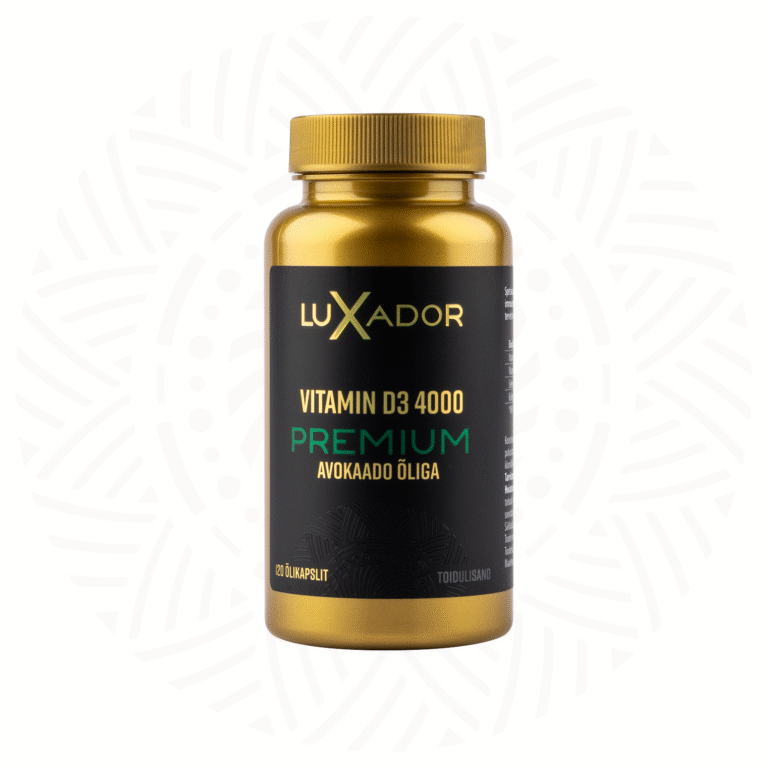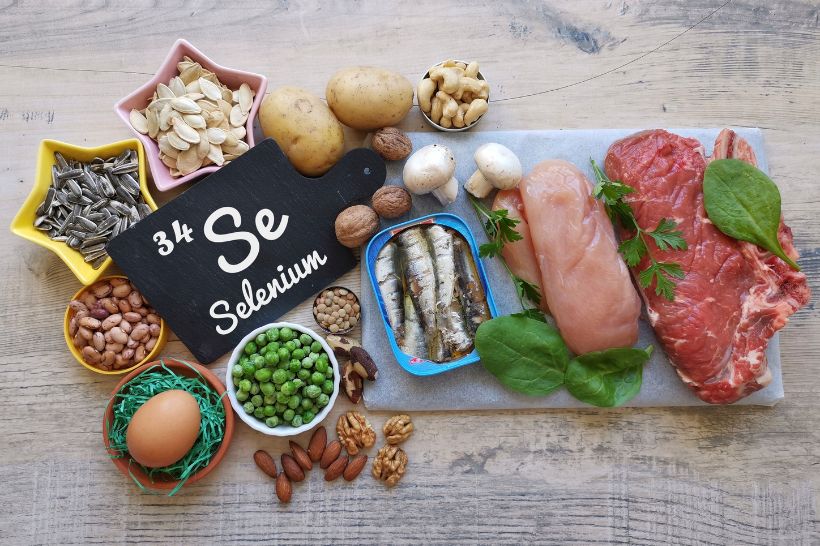Everyone knows the truth that the incidence of viral diseases increases in Estonia during the winter season. But why is this the case, and what useful tips can help us avoid these unpleasant illnesses? That’s what we’ll be discussing today.
There is a somewhat mistaken belief that viral diseases generally do not occur in the summer because the summer sun destroys viruses. This is partially true—factors like humidity and temperature play a significant role in virus multiplication and spread. However, viruses do not disappear when summer arrives. Viruses are always around us.
So why are we less sick in the summer, but as autumn arrives and winter approaches, viral illnesses increase? The key to this mystery lies in our immune system. Whether viruses successfully take hold in our bodies and whether we develop symptoms or remain healthy among them depends largely on how well our immune system functions.
Why does our immune system work well in summer but often fail us in autumn and winter?
The first crucial factor is that our diet, which is rich in fresh foods during the summer, becomes increasingly poor as winter approaches.
As a result, our daily intake of vitamin C decreases significantly. Although grocery stores offer a variety of fresh fruits and vegetables in winter, most of them are grown in greenhouses under artificial sunlight. Additionally, long storage times reduce their vitamin content. This means that their beneficial vitamin and mineral content is significantly lower than that of foods grown under the summer sun.
At the same time, a lack of vitamin C directly affects our body’s resistance to disease. When fighting viruses, our body’s vitamin C consumption increases dramatically. The downside is that our ability to absorb vitamin C is limited, and since our body lacks a specialized system for storing it, vitamin C reserves deplete quickly. Therefore, we must replenish them daily to successfully combat pathogens.
Another major factor affecting our health during autumn and winter is the lack of sunlight. In summer, our latitude provides us with an essential component of a well-functioning immune system—vitamin D.
However, this only happens for a few summer months and only for a few hours at midday. Even so, it is crucial.
While our body retains vitamin D longer than vitamin C, its reserves do not last indefinitely. Within 30 days, vitamin D levels in the body typically decrease by 50%. If we do not supplement it—either through midday summer sun exposure or vitamin D supplements—our summer reserves will be depleted before autumn fully sets in.
For example, if by mid-August we have achieved a vitamin D level of 100 nmol/L due to sun exposure, by the end of September, that level may be reduced by half. The lower our vitamin D levels drop, the weaker our resistance to various diseases. This means that in summer, viruses encounter a stronger immune system and are usually defeated.
During autumn and winter, however, the same viruses face a weakened immune system, resulting in increased illness.
Is maintaining a fresh and nutritious diet in winter and taking regular vitamin D supplements enough to stay as strong as in summer? It’s a big step in the right direction, but not the whole solution. Relying solely on vitamins is not enough for our complex defense mechanism.
The third key reason why autumn and especially winter are associated with increased illness is linked to our mental state and sleep patterns. As autumn arrives, daylight hours shorten drastically, leading to long, dark evenings with minimal sunlight exposure. This shift impacts our physical activity levels. While summer evenings are often spent outdoors, in winter, fresh air and outdoor activities are replaced with couch time and long hours in front of screens, disrupting melatonin (the sleep hormone) production in our bodies. As a result, sleep becomes harder to achieve or is of poor quality.
Increasing awareness of the link between stress, sleep disorders, and health is crucial. Stress disrupts our body’s self-regulation, leading to misleading signals—such as increased cravings (often for unhealthy foods due to altered taste perception).
Stress also depletes the immune system at an alarming rate. For example, sleeping just two hours less than your personal requirement for five consecutive nights can triple your susceptibility to viral infections. Thus, quality sleep and sufficient rest (7-8 hours for most people) are essential for an effective immune system. The immune system is highly sensitive to sleep—every lost hour gives viruses an advantage…
To be as strong against viral infections in winter as we are in summer, we must acknowledge and adapt to seasonal changes by making our daily winter routine more “summery.”
3 SIMPLE TIPS
- Keep your diet full of fresh and colorful foods to support your vitamin reserves.
- Ensure that you are not among those whose vitamin D levels are left to chance after summer.
In our northern climate, year-round vitamin D supplementation is recommended for those who spend little time outdoors in the midday sun. The optimal resistance to viral infections is achieved at around 100 nmol/L. - Maintain a balance between mental and physical strain, and ensure your sleep is long and deep enough. For most people, quality sleep should last between 7-8 hours.
If we adjust our lifestyle for winter accordingly, we can help our bodies better combat attacking pathogens. And if a virus does manage to break through our defense system, the illness is more likely to be mild and short-lived rather than lingering.
Stay as healthy in winter as you are in summer!
